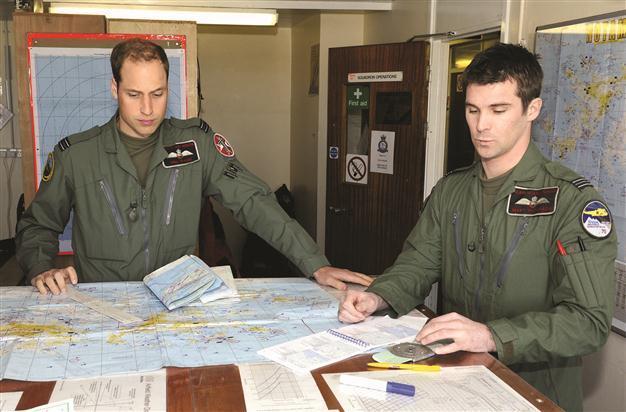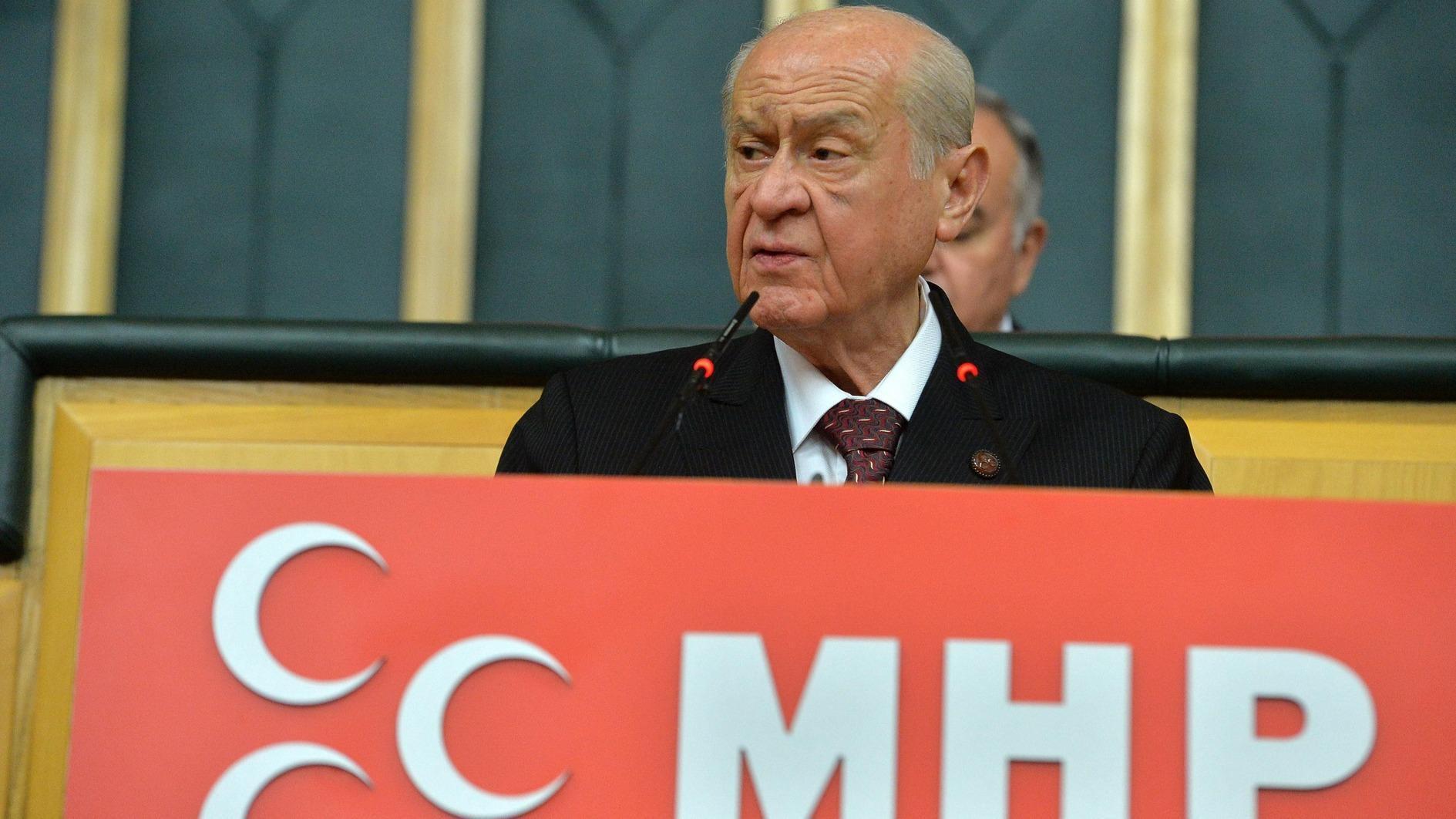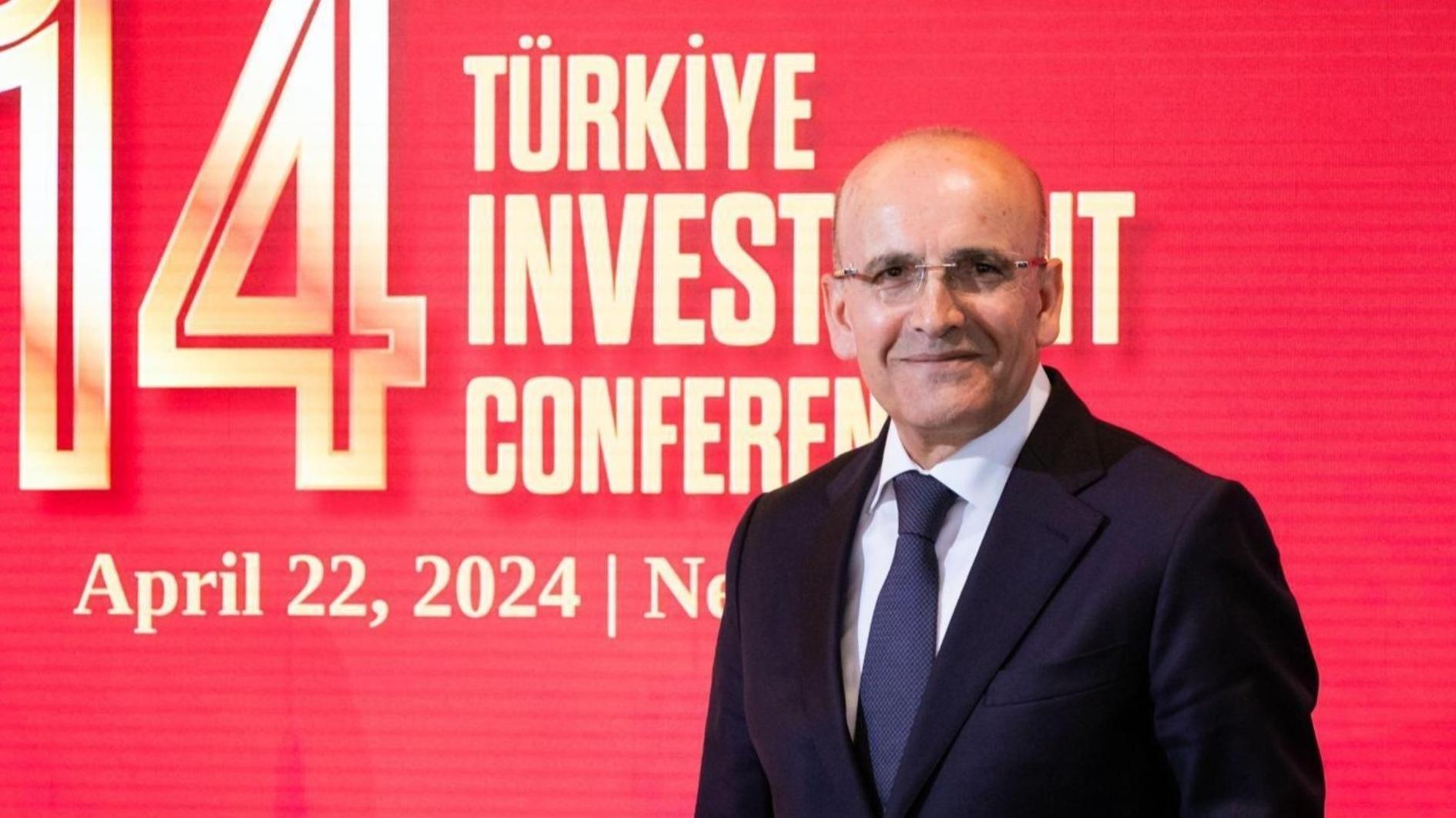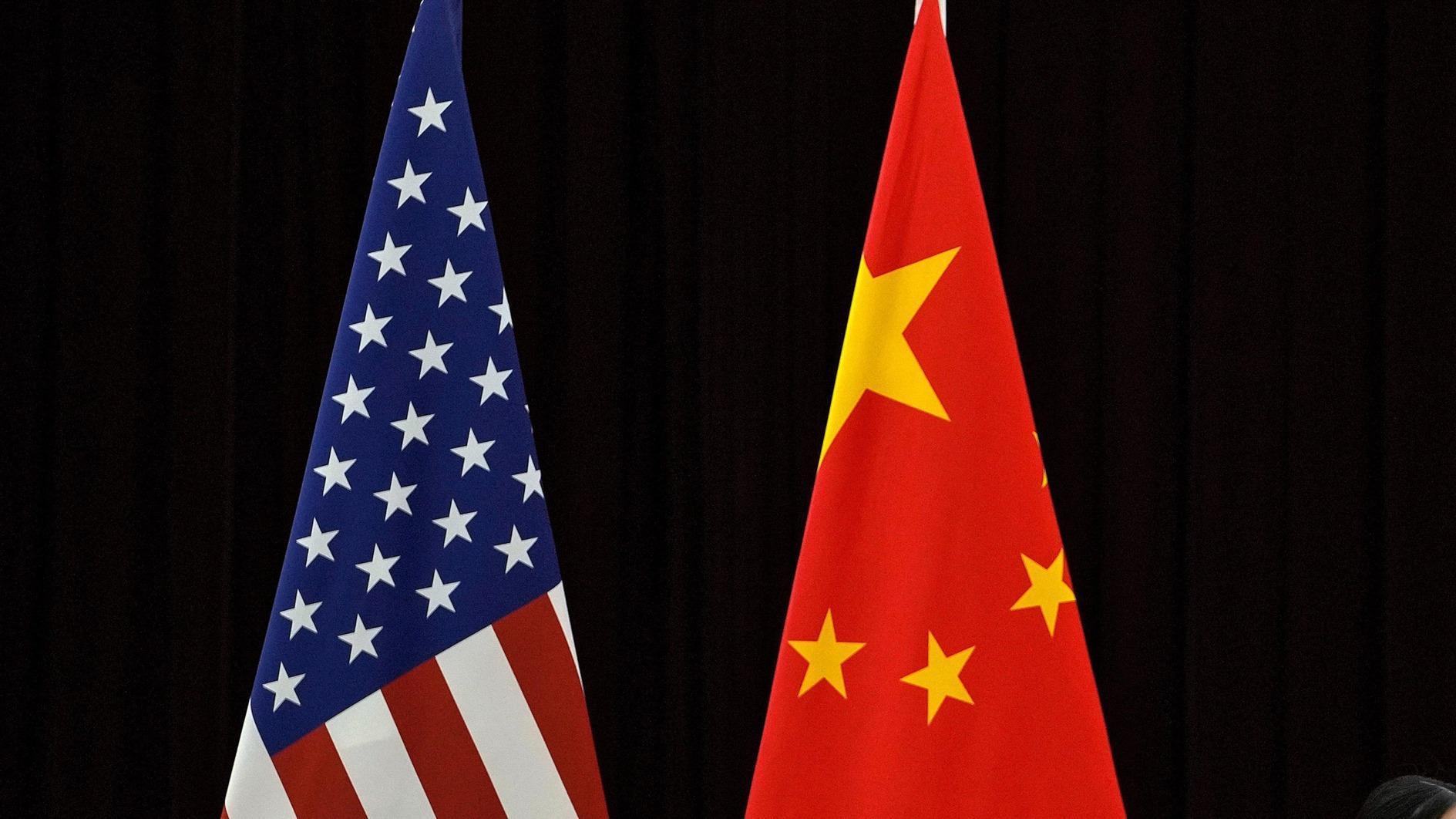Cameron hits back Argentina over Falklands
STOCKHOLM

Prince William, prepares for the first sortie of their deployment to the Falklands. AFP photo
British Prime Minister David Cameron hit back at Argentina on Feb. 9 over its plans to protest to the United Nations against British “militarization” of the Falklands, saying islanders would have London’s backing for as long as they wished to remain British.Argentine President Cristina Fernandez, who has accused Britain of “militarizing the South Atlantic,” hardened her posture Feb. 9 following stories in the British press about a nuclear submarine being sent to the South Atlantic. She said her government would make a presentation at the U.N. on Feb. 10 denouncing “the introduction of nuclear arms in the zone.”
The Falklands War broke out on April 2, 1982, when the then ruling military junta in Buenos Aires invaded in a bid to end British rule and London sent a task force to the region. The 74-day war cost the lives of 649 Argentine and 255 British troops and three Falkland Islanders, but Britain retained control. Britain has held the islands, home to about 3,000 inhabitants, since 1833. Tensions have risen before the 30th anniversary of the Falklands conflict this year.
“Argentina will find when she goes to the United Nations that it is an absolutely key part of the United Nations charter to support self-determination,” Cameron told a news conference after talks with Nordic and Baltic leaders in Stockholm. “The people of the Falkland Islands want to maintain ... their connection to the United Kingdom.
“As long as the people in the Falkland Islands want to maintain that status, we will make sure that they do and we will defend the Falkland Islands properly to make sure that is the case,” he said in his first comments on Fernandez’s pledge. Fernandez has also condemned British plans to deploy one of its most advanced destroyers, HMS Dauntless, to the area. She also criticized the posting of Prince William, second in line to the British throne, to the islands as a military search-and-rescue pilot.
Compiled from Reuters and AFP stories by the Daily News staff.
















